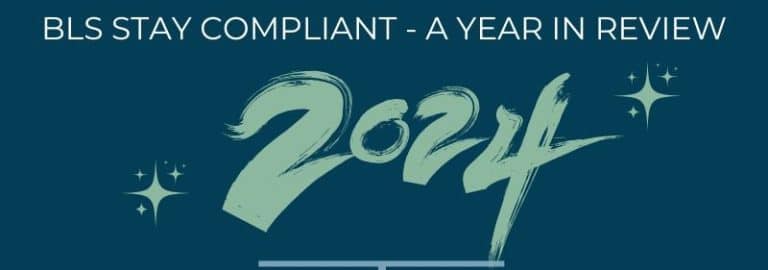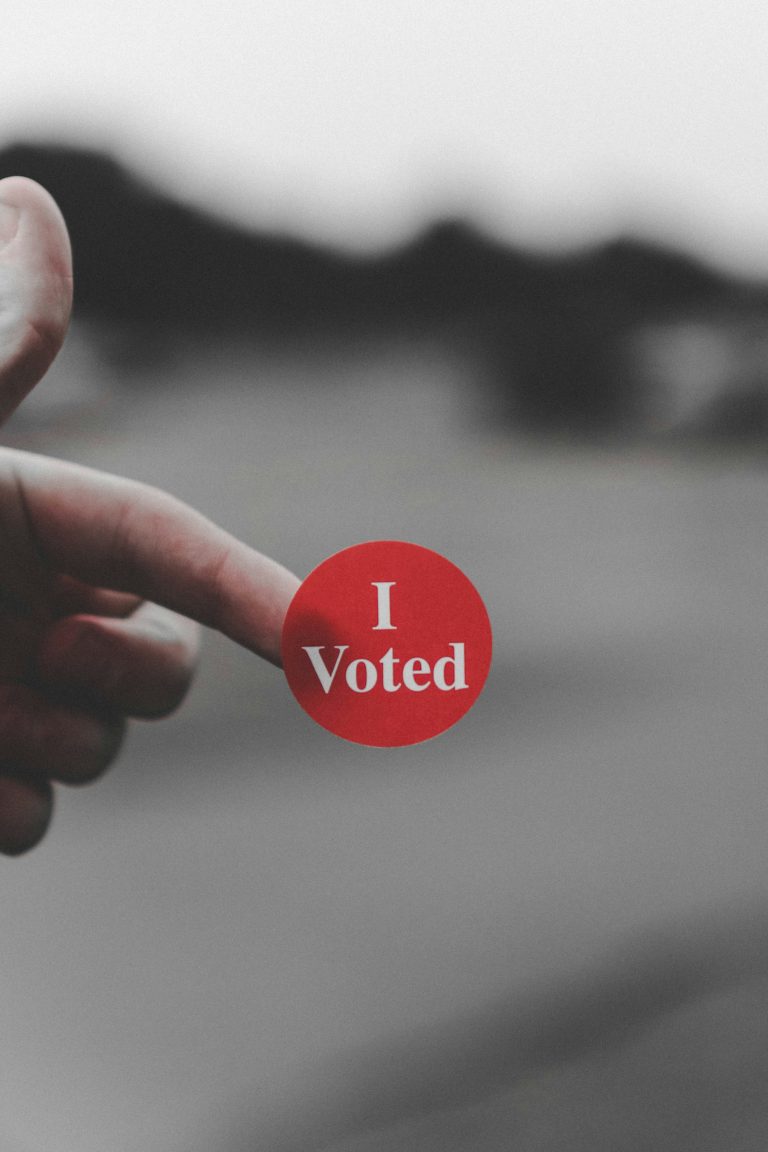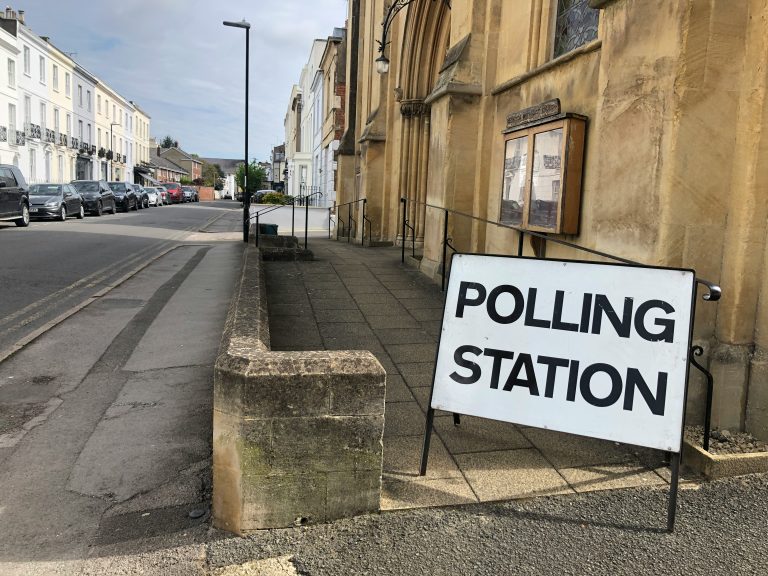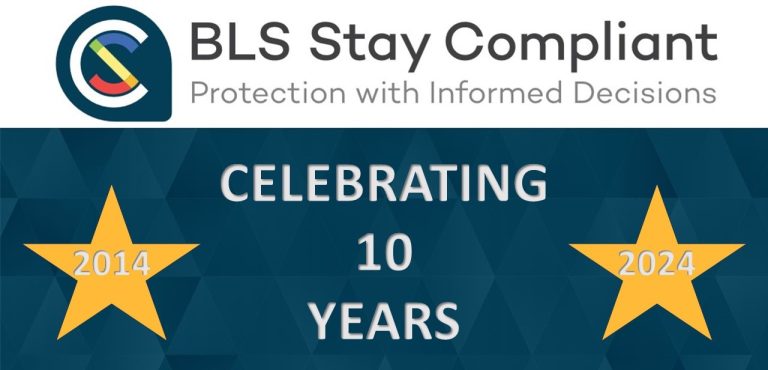The Information Commissioner’s Office (ICO) recently published the results of this year’s Public Attitudes on Information Rights survey (PAIR). One of the key findings shows that data protection experts and friends and family are the most trusted sources for information rights advice.
The survey collected data via an online questionnaire and telephone interviews in January and February of 2024. It aimed to track the ICO’s KPIs as well as establish an understanding of barriers that members of the public may face when engaging with information rights – as well as identifying how those who do access it find the opportunities available.
47% of respondents stated they would trust the advice of data protection experts, with 35% claiming they would also trust friends and family.
Only 16% felt academics and researchers should be trusted to give data protection advice, whilst journalists and news organisations scored a negative –25% on the scale.
The survey also highlighted that 55% of adults have had their data breached.
32% also stated that they were never personally informed about the possibility of their personal details being lost or stolen, despite hearing about the breach from other sources. 69% of these experienced a direct impact resulting from the data breach, ranging from the time and effort involved to resolve the issue, to emotional distress, identity theft and a loss of trust in the organisation involved.
And, 1 in 4 data breach victims claim they received no support.
Perhaps unsurprisingly, the survey suggests there is considerable caution when it comes to how people feel about the privacy of their personal information. 52% of respondents stated they felt cautious about how their personal information is secured whilst 39% believe organisations use loopholes on personal information for commercial benefit.
81% of the responders reported they would take action if facing a data breach, with 30% claiming they would seek advice and support from a professional and 19% claiming they would report the incident to the police. 39% of responders would get in touch with a regulator, such as the ICO, in order to understand next steps and their own rights.
Interestingly, the survey also reports that there is a digital disengagement in the general public, with 86% of responders claiming they prefer offline methods due to being concerned about personal information finding its way online, which they do not want. Those who prefer to work offline, however, tend to have a higher likelihood of sharing personal data with others, particularly health information.
You can read the full report from the survey here or, if we can be of any assistance regarding your data protection rights as an individual or an organisation, please do get in touch.






















